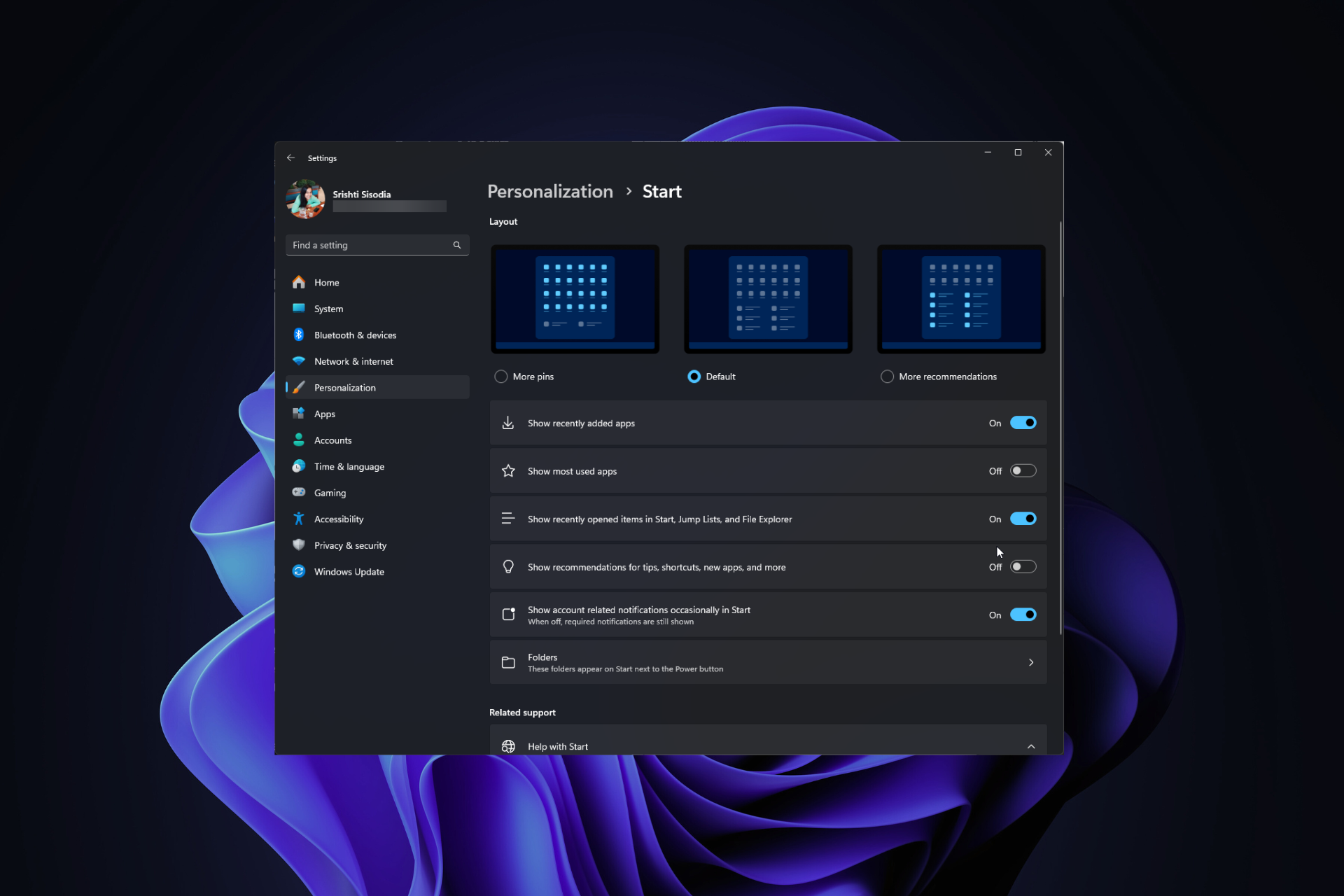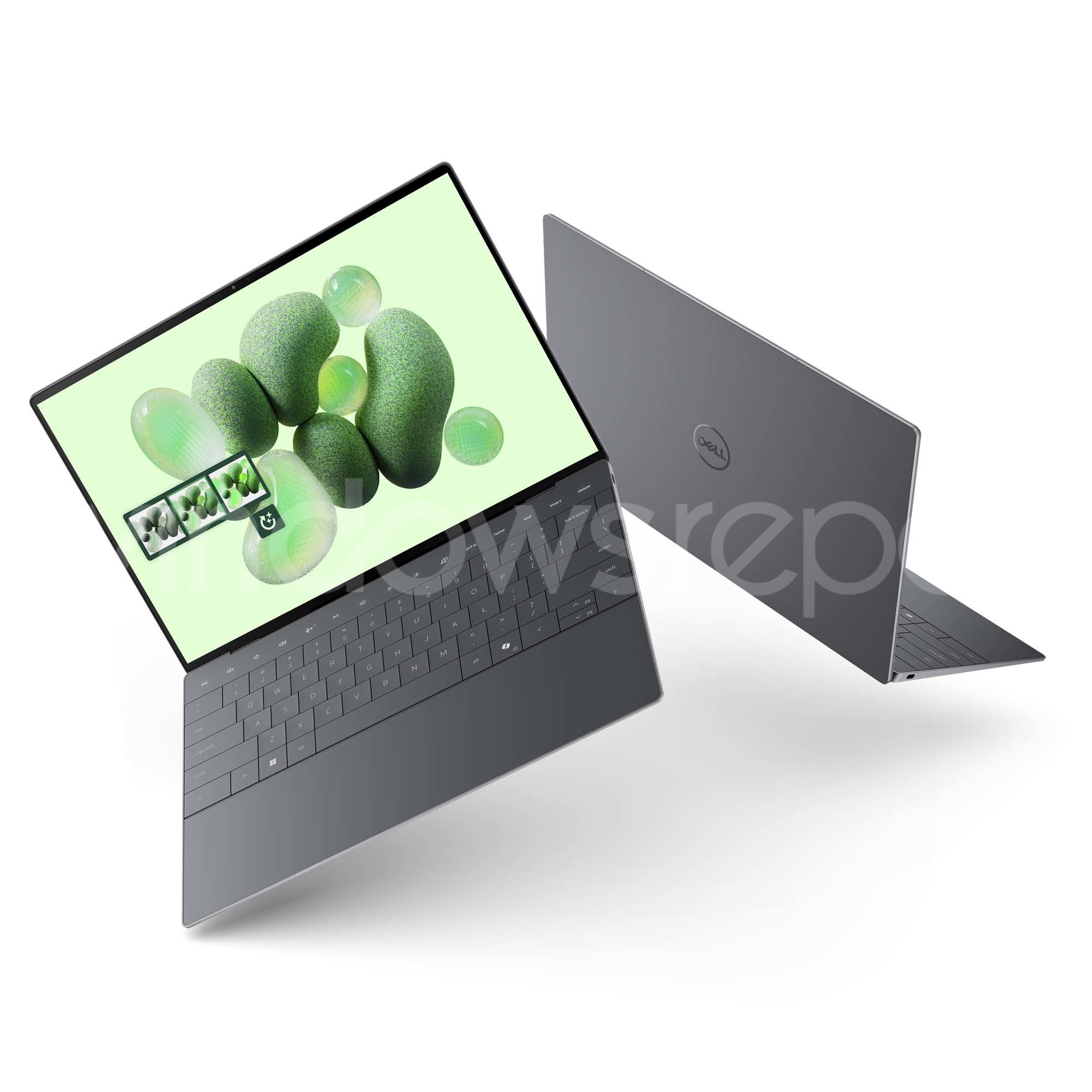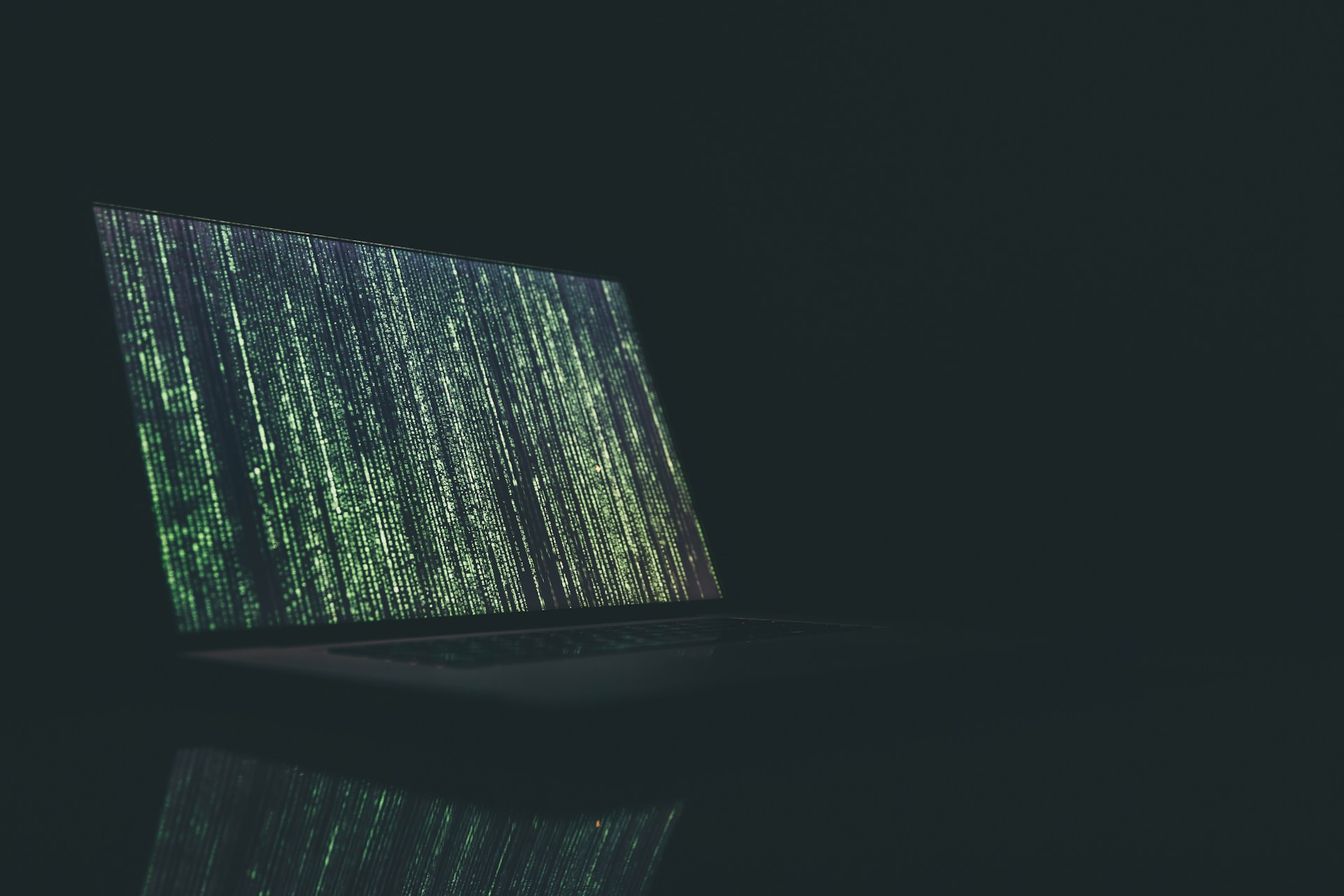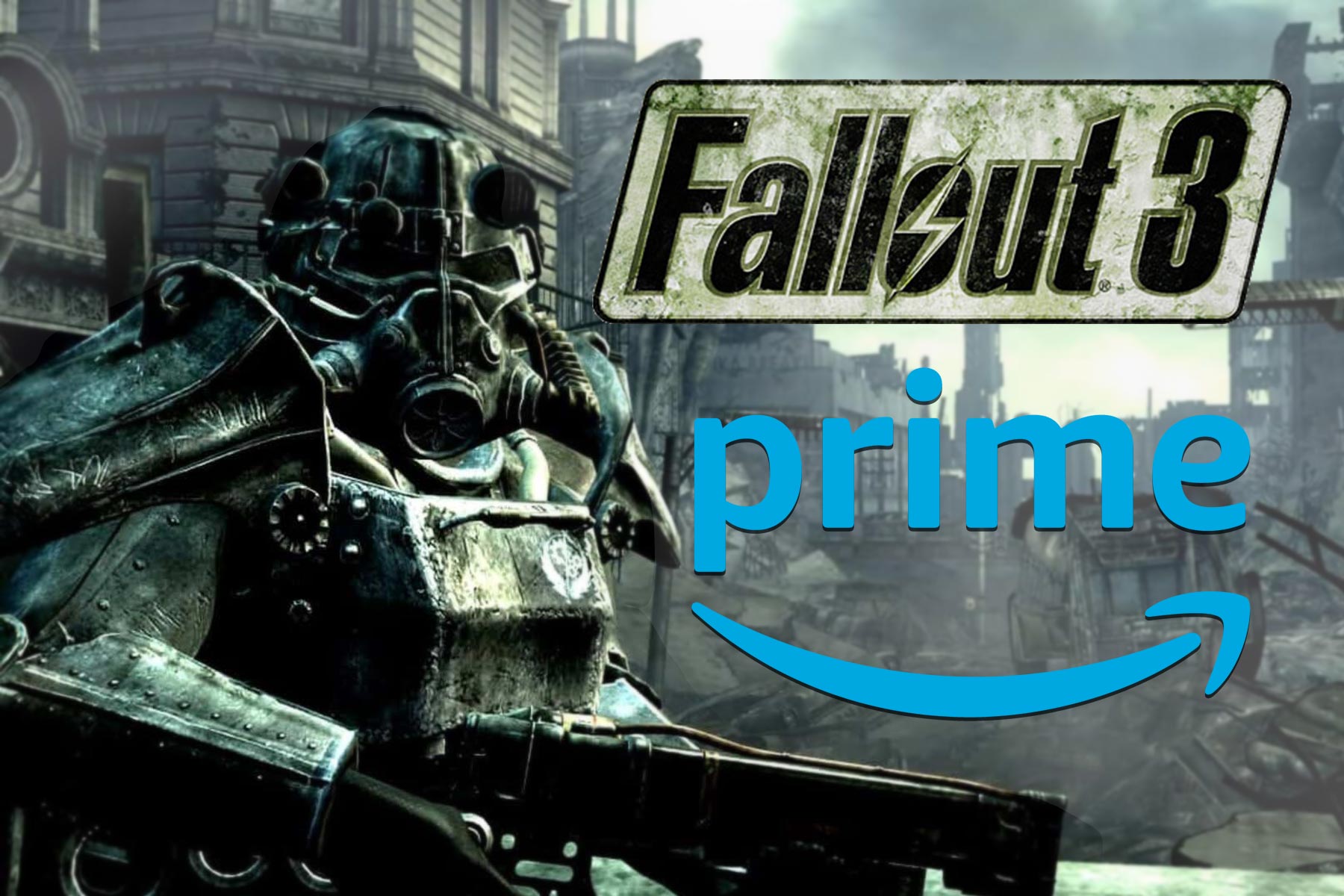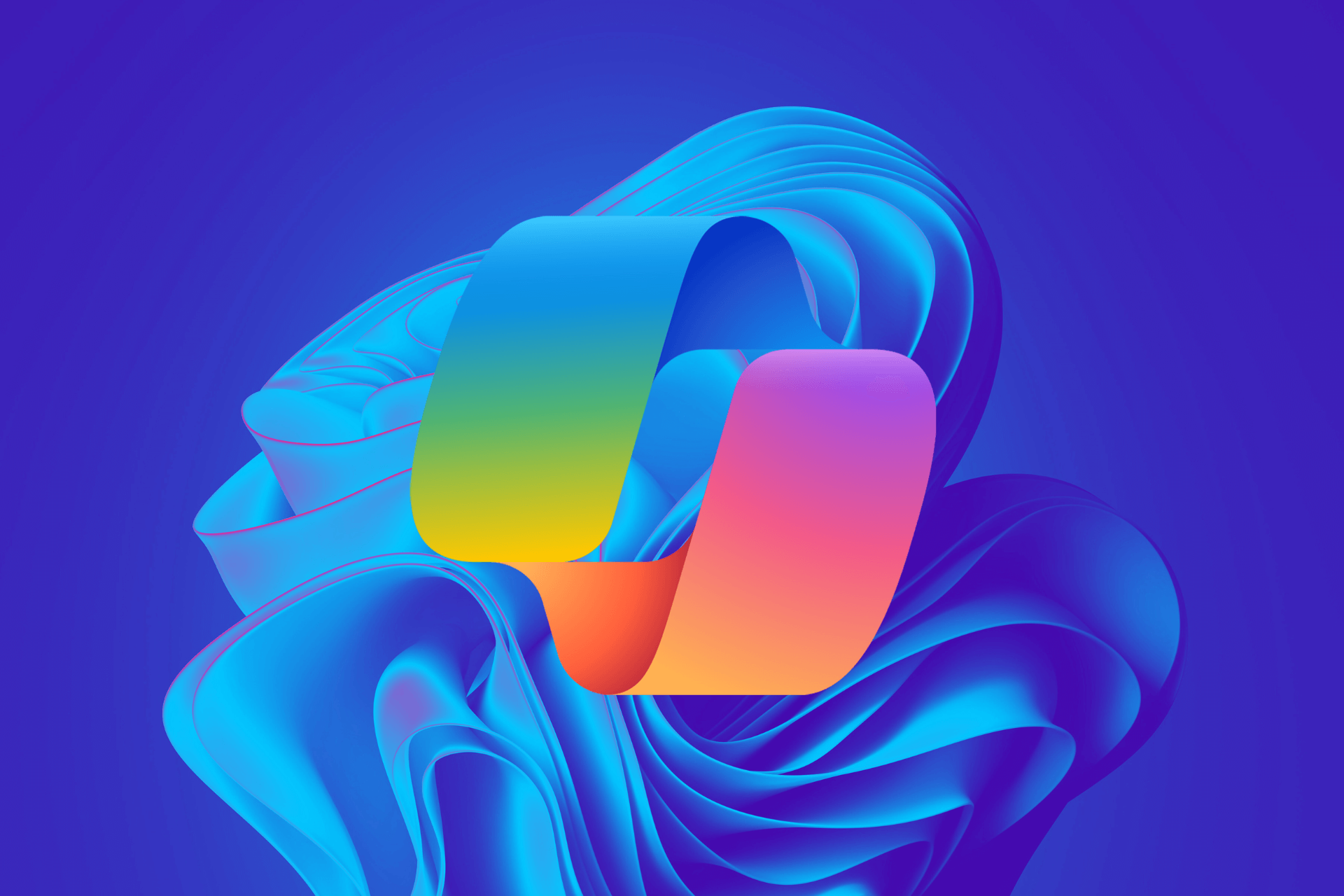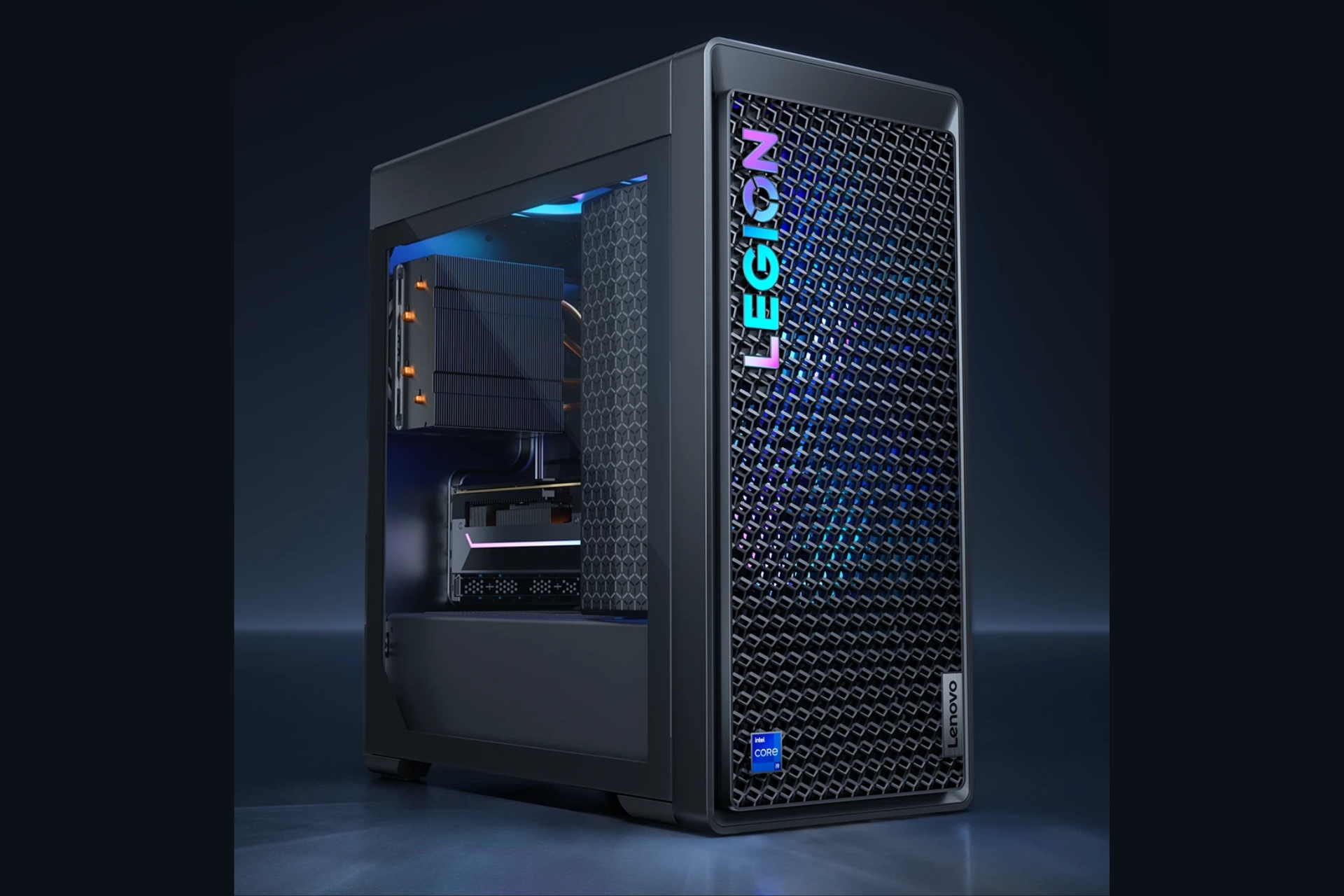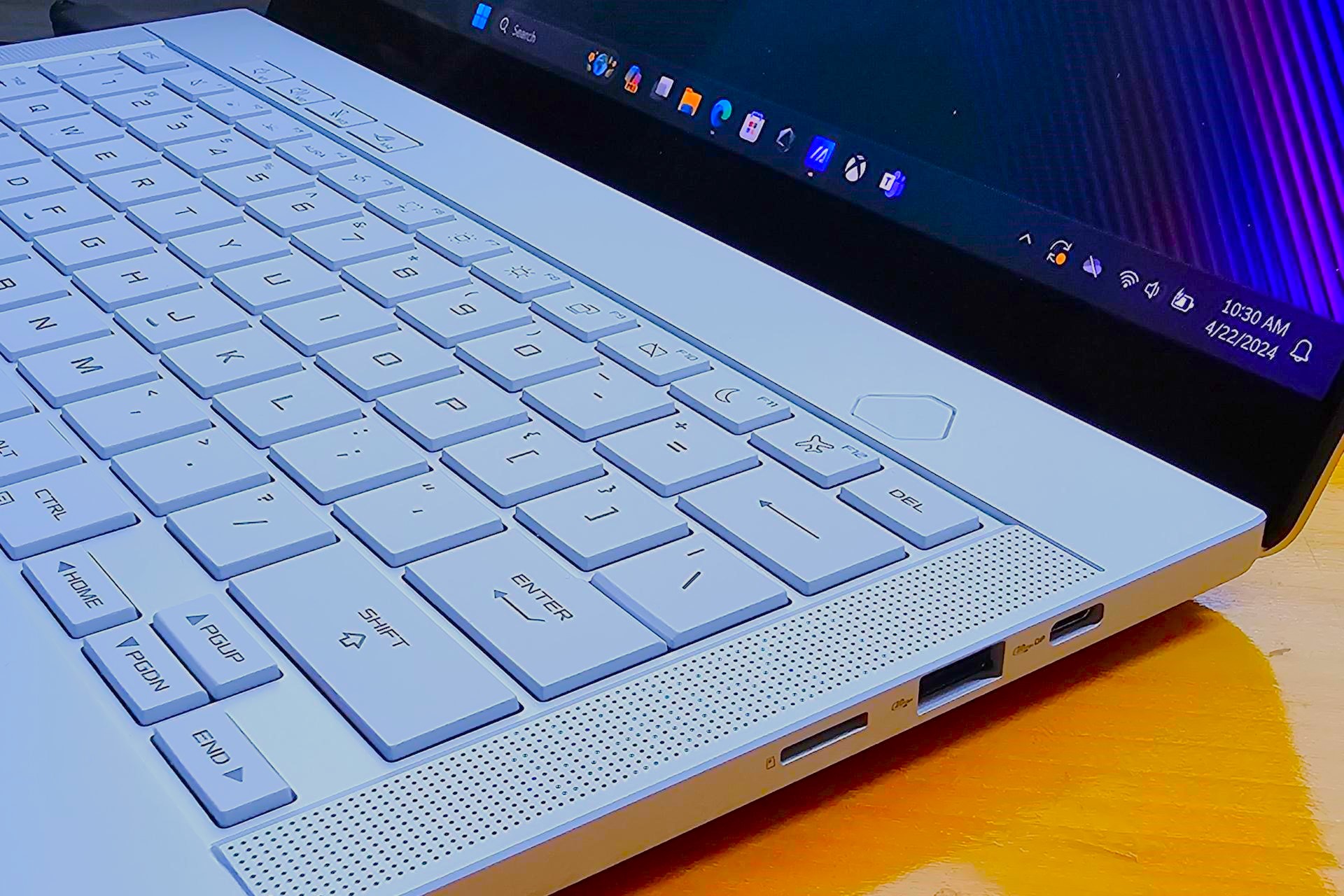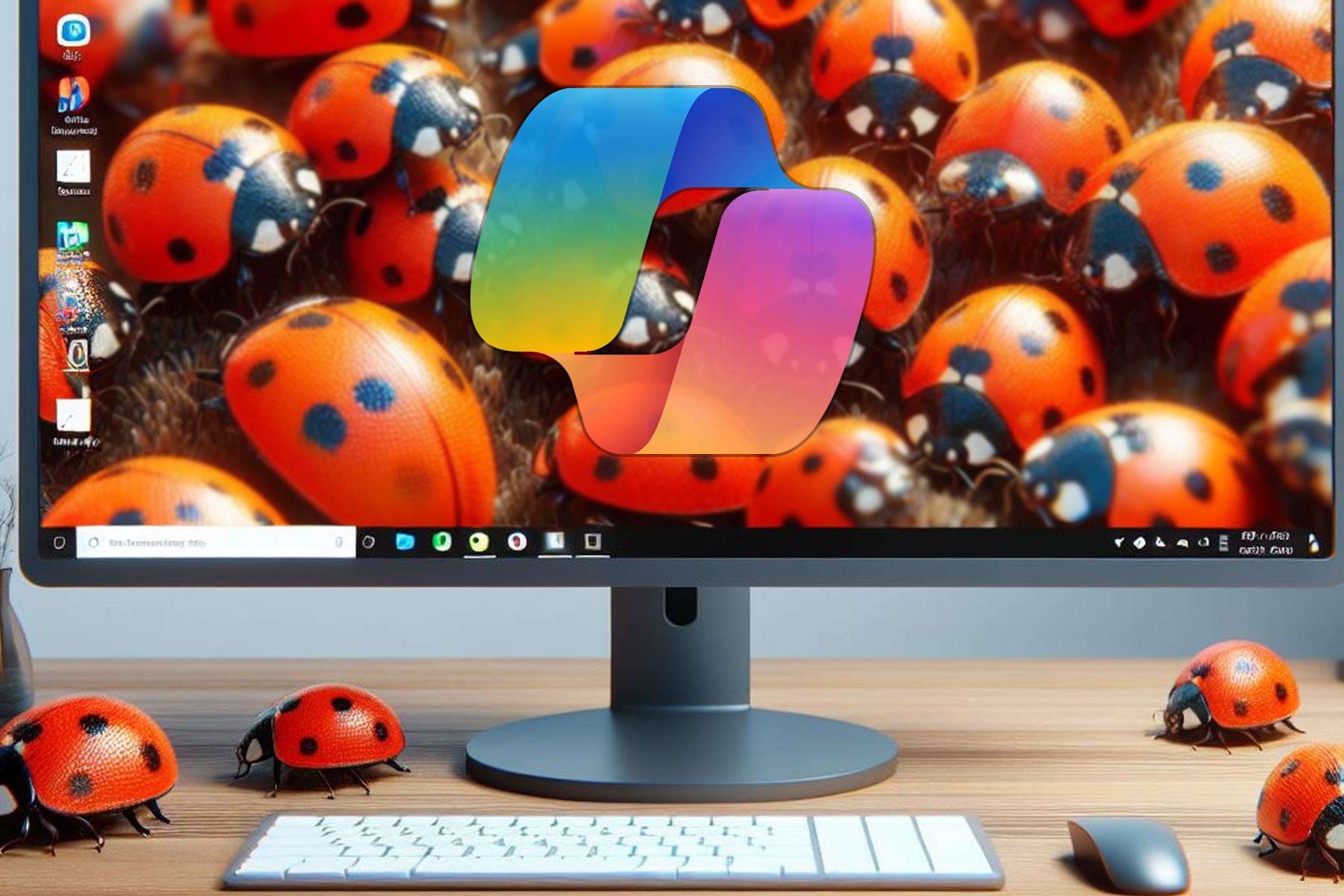GPTs are OpenAI's versions of Microsoft Copilots, but more personalized
GPTs can be built by anyone regardless of coding experience.
3 min. read
Published on
Read our disclosure page to find out how can you help Windows Report sustain the editorial team Read more
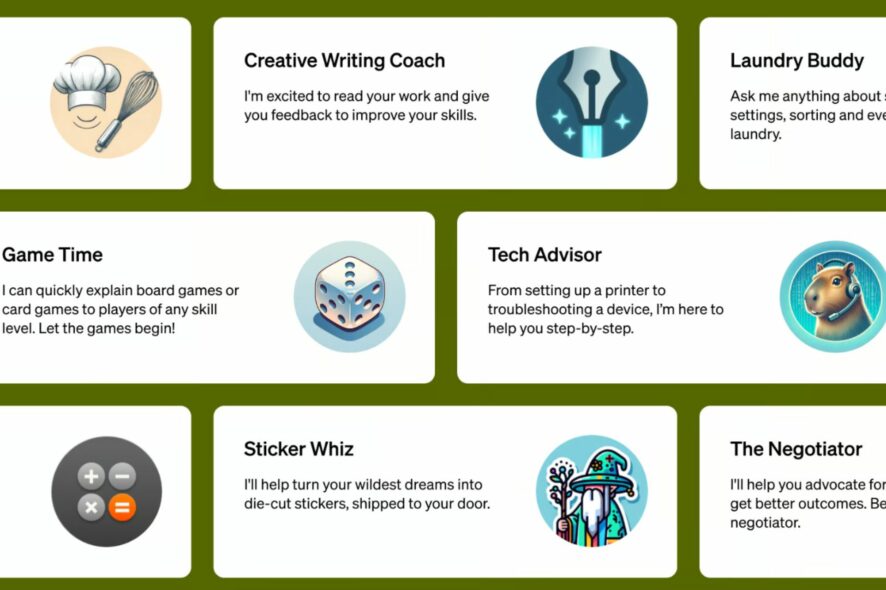
OpenAI announced GPTs, which are tailored custom versions of ChatGPT, at its first-ever OpenAI DevDay event. These GPTs, which can be built by anyone, are similar to Microsoft Copilots, but they’re far more personalized and tailored to each user’s needs.
According to OpenAI, building these GPTs won’t require users to know how to code, as creating them will be a very natural process.
Anyone can easily build their own GPT—no coding is required. You can make them for yourself, just for your company’s internal use, or for everyone. Creating one is as easy as starting a conversation, giving it instructions and extra knowledge, and picking what it can do, like searching the web, making images or analyzing data.
OpenAI
You can create your GPT, already, as OpenAI has made it possible for people to try this experience: chatgpt.com/create.
GPTs: Here’s what you need to know about building your copilot
GPTs are highly customizable and highly specific
Users will be able to build specific GPTs for specific tasks, such as creative writing, tech advising, summarising, etc.
Everyone can build GPTs
Users won’t need to know how to code to build their own GPT.
GPT Store is coming soon, and users will be able to make money out of their GPTs
Later this November, OpenAI will launch the GPT Store, and people will be able to publish and commercialize their GPTs to the public. Since creating GPTs is available starting today, there is more than enough time to get accustomed to building GPTs.
No data will be shared with anyone unless you want
When building GPTs, users can opt to share data with APIs or not, but aside from that users are in total control of their data.
When builders customize their own GPT with actions or knowledge, the builder can choose if user chats with that GPT can be used to improve and train our models. These choices build upon the existing privacy controls users have, including the option to opt your entire account out of model training.
OpenAI
GPTs can be connected to third-party apps
OpenAI will allow GPT developers to connect their GPTs to a plethora of third-party apps, in a process similar to plugins. This integration will allow for a much better flexibility of the GPT.
Connect GPTs to databases, plug them into emails, or make them your shopping assistant. For example, you could integrate a travel listings database, connect a user’s email inbox, or facilitate e-commerce orders.
OpenAI
Aside from this, companies will also be able to build their internal GPTs tailored to their infrastructure. They can be integrated into the company’s workspace to ease the workload and improve efficiency.
We mentioned earlier that these GPTs are very similar in idea to Microsoft Copilots, but instead of a company developing them, OpenAI lets people build their own AI models to suit their needs and activities.
Since GPTs are available starting today, we’ll have to wait and see if the concept is as useful as it seems to be right now. Individuals and companies being able to build their own personalized and internal AI models means less reliance on external Copilots to do the job.
But what do you think?

